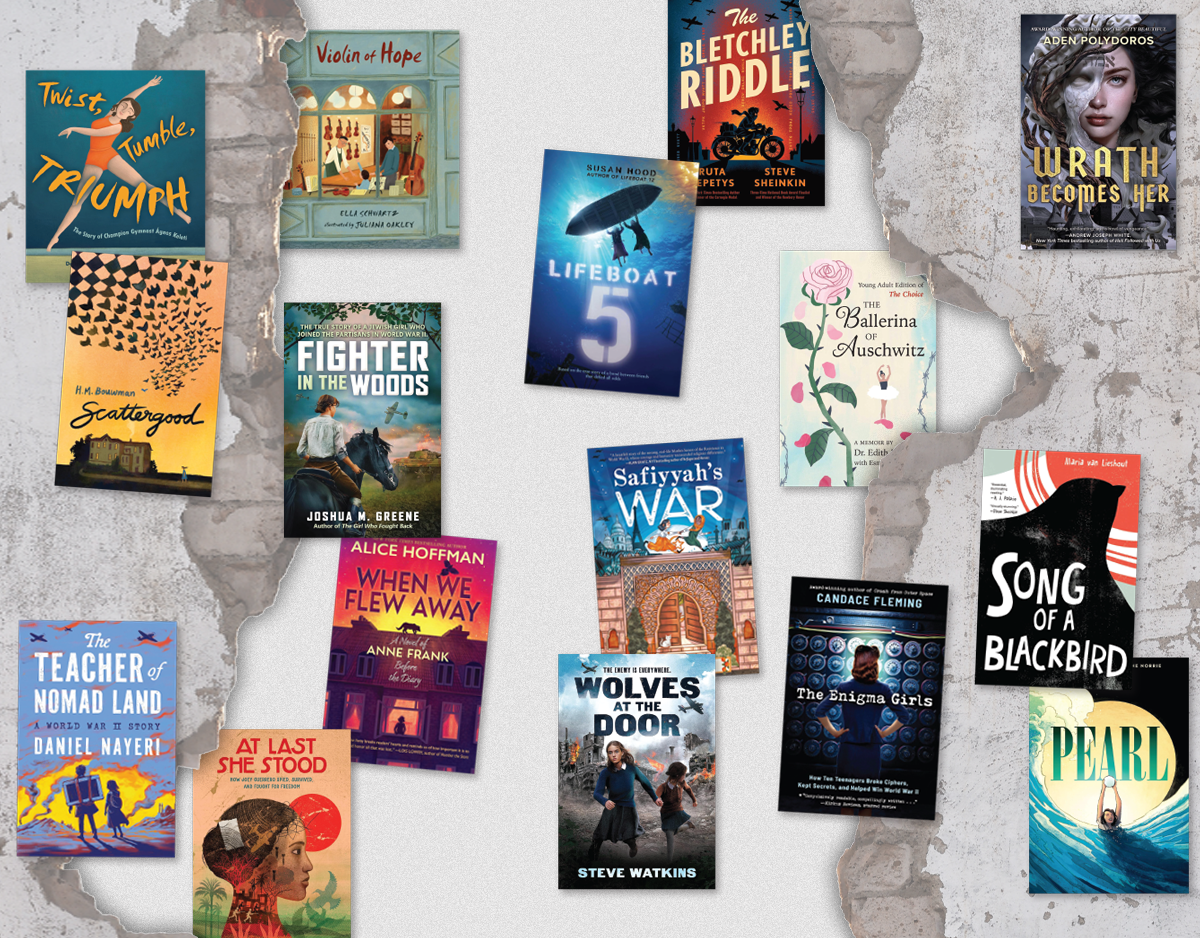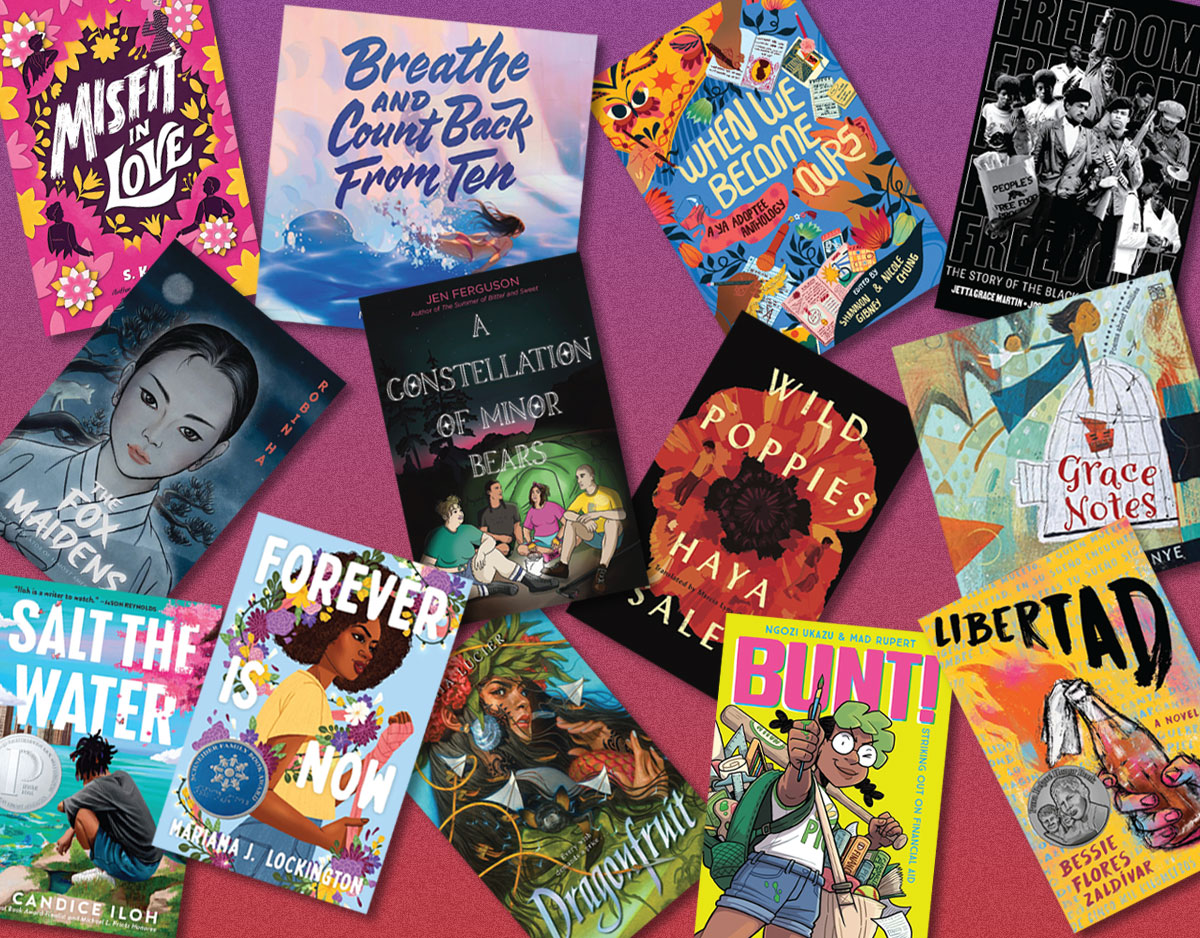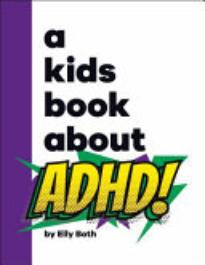SCROLL DOWN TO READ THE POST
Ask the Passengers
 Ask the Passengers by A.S. King
Ask the Passengers by A.S. King
September 2012, Little Brown
Reviewed from an ARC
Can I take an unrelated-to-anything moment to say how pretty the new blogs are? We’ve been hearing a lot about the new look behind the scenes, so to actually see it — and see how quickly it all came together — is so exciting! Yay for nice, new things, eh?
Of course, I’m actually here to talk about A.S. King’s newest, Ask the Passengers. By my count, it’s received two stars and is included in the buzz portion of our contenda list (as a past honoree, King’s an auto-contender, meaning we’d look at anything she has out, no matter the number of stars). For today, I have a lot of raves and a few questions. Since it’s on our Pyrite short list and we’ll be talking about it again very soon, maybe you all can help me answer some of those questions!
ADVERTISEMENT
ADVERTISEMENT
Ask has all the good stuff we’ve come to expect from King: strong and complex characters; fascinating, true to life relationships; intricate, rich themes. Astrid is such a rewarding protagonist; as a girl who’s learning, slowly, to expect and enforce boundaries in life she’s sympathetic, relatable. Watching her stand up for herself with friends and family is such a great payoff — and is so delicately handled. We see Astrid grow up in almost every relationship she has in the book. Even with minor characters, like gossip-y Aimee Hall and pushy, convenient Jeff Garnet, Astrid finds the courage to have a confrontation and to send them love and respect. She’s an introspective character who has to figure out how to get out of her own head long enough to tell people what she needs. Her friendship with Kristina is somewhat unresolved at the end of the story, but that’s fitting; growing up is a process, and friendship is hard. You’re left with the sense that, if they chose, they could find a way to a better, healthier relationship.
Astrid’s familial relationships, particularly with her dad, are dynamic and sensitively handled. Dad, like Astrid, loathes confrontation, and his escape into weed starts to seem understandable given the constricting culture of their small town, the strain of “underemployment,” and the tense atmosphere of the Jones household. (I know we’re not supposed to compare previous books, since RealPrintz is all about this year…but I have to say, seeing King write a cowardly, very imperfect dad who is still sympathetic blows my mind after reading Ken Dietz, paragon father.) Ellis, Astrid’s younger sister, seems to be fitting in well at school, but King gives a lot of subtle clues that Ellis doesn’t have it so easy. The sisters’ truce at the end of the novel felt slightly too tidy — too easily improved. (And a minor complaint: the Oz connection — the flying monkey thing — felt like it was trying too hard, a little too quirky.)
The heart of the novel is Astrid’s coming out, which is nuanced, thoughtful, and thought-provoking in all the important ways. Her rejection of labels allows readers to feel more comfortable with the ambiguity Astrid faces; it makes her coming out feel new, interesting, and engaging — and extremely personal. Her relationship with Dee is complicated and gratifying reading; Dee takes advantage of more experience to try to pressure Astrid into having sex. When Astrid calls her on it, we get a chance to actually see teens navigating the Awkward Sex Talk — it’s so sex positive, so respectful, and so mature. (Oh, and contrast this complicated, subtle relationship with the school’s handling of Tolerance Day. That right there is subtle, smart, and makes me want to give this book a shiny sticker.)
King’s heavy, complicated themes are definitely more good stuff. Astrid’s journey of self discovery, complete with a philosopher-guide, is both universal and unique. King’s quirky touches here are idiosyncratic but not overpowering, and her light touch with magical realism helps. The Humanities class allows King, through Astrid, to ask huge questions and stage overt philosophical conversations, which adds weight to the narrative. Tying everything up with the Socrates Project was resourceful — it made the passengers’ stories thematically relevant and gave Astrid the chance to speak up and speak out. King does a great job of contrasting belief and knowledge through Astrid’s voices in her head, gossiping classmates, and even her mom.
ADVERTISEMENT
ADVERTISEMENT
My issues with the book are fairly minor. I already mentioned Astrid’s and Ellis’s too-easy “serious progress.” All of my other issues feel more like questions than actual criticisms. Claire, Astrid’s mom, was over the top and cartoonish. Is this because her relationship with Astrid is so strained that Astrid has trouble seeing her mom accurately? Or is it because King took a few shortcuts? And…what about that bullying? When seen as individuals, I can accept each students’ actions (gossipy Aimee is punishing Ellis; Ross Bentley is actually that misguided). But when you add in the parents’ complaints and Astrid’s voices in her head, it all feels one note, overwhelming. Or is that actually an accurate representation of what homophobia — especially in a small town — feels like to high school students? Authorial short cut or emotional truth?
Hmmm. I guess I did find one other outright criticism: the scattered passenger stories are the book’s weakest points. While they tie in thematically, they’re not quite long enough to feel significant to the reader and they don’t add much insight to Astrid or the main part of the narrative. There aren’t very many of them, but when they show up, they do disrupt the flow. The book would be stronger without them.
If I keep going, I’ll start going in circles, so I’ll say this: I think this title could go far at the table. And now I’m going to leave it up to you all. What did you think of Ask the Passengers?
*The Pyrite Printz, or Pyrite, is the Someday My Printz Will Come mock Printz deliberation, and should not in any way be confused with YALSA’s Michael L. Printz Award, often referred to here as the RealPrintz or Printz. Our predictions, conversations, and speculation about potential RealPrintz contenders and winners reflect only our own best guesses and are not affiliated with YALSA or the RealPrintz committee. You probably figured that out on your own, but we like to make it clear!
Filed under: Contenders, Fiction, Pyrite
About Sarah Couri
Sarah Couri is a librarian at Grace Church School's High School Division, and has served on a number of YALSA committees, including Quick Picks, Great Graphic Novels, and (most pertinently!) the 2011 Printz Committee. Her opinions do not reflect the attitudes or opinions of SLJ, GCS, YALSA, or any other institutions with which she is affiliated. Find her on Twitter @scouri or e-mail her at scouri35 at gmail dot com.
ADVERTISEMENT
SLJ Blog Network
Instagramming ALA 2025 (Part II)
Review of the Day: Freya and the Snake by Fredrik Sonck, ill. Jenny Lucander
Love in the Palm of His Hand, vol. 1 | Review
Book Review: The Dead of Summer by Ryan La Sala
The Classroom Bookshelf is Moving
ADVERTISEMENT
ADVERTISEMENT







